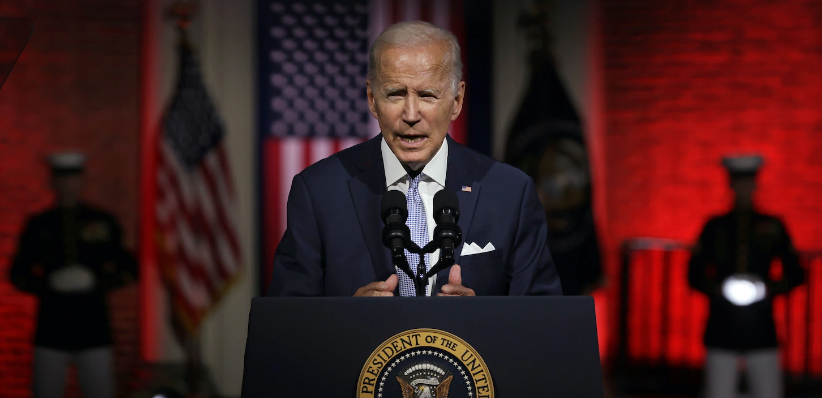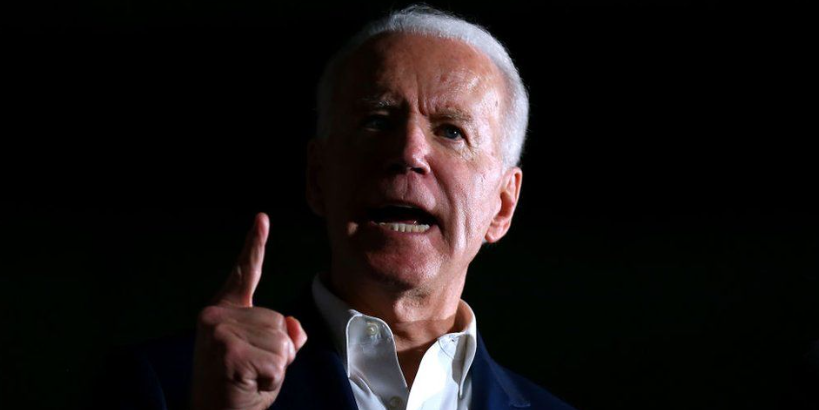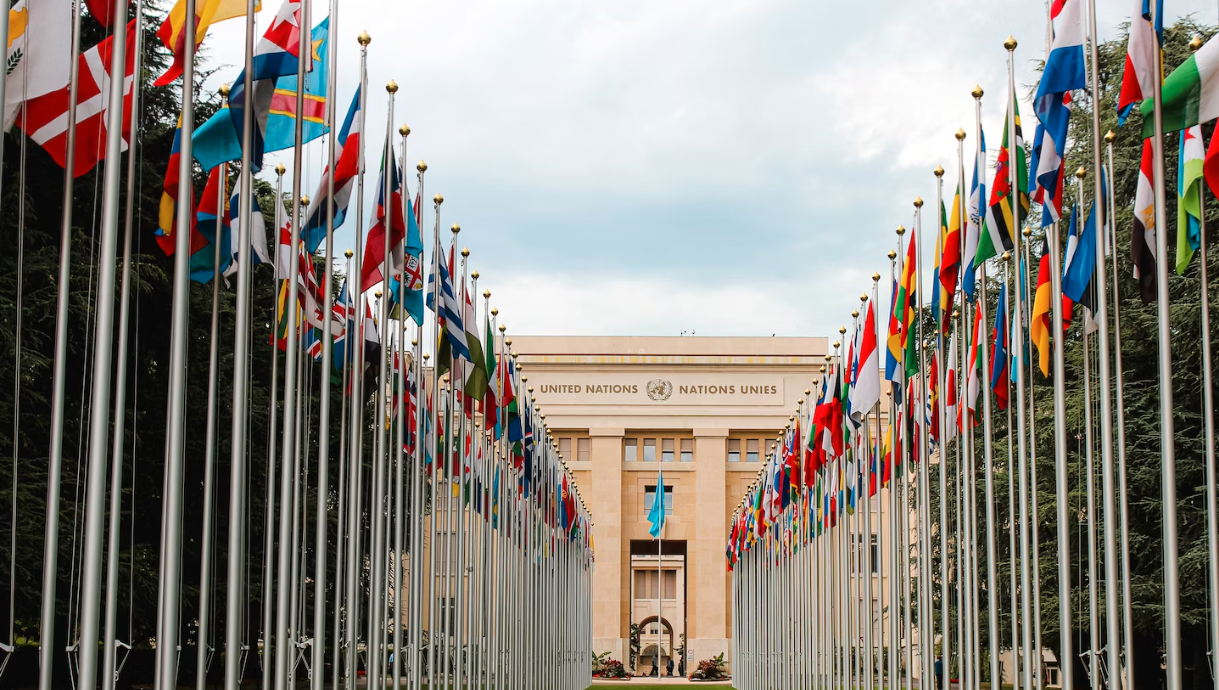As the United Nations (U.N.) gears up for its anticipated “Summit of the Future” in September 2024, the proposed ’emergency platform’—part of the ‘Our Common Agenda’ platform—has been stirring considerable debate. This audacious proposal, first outlined in the March 2023 policy paper, “Strengthening the International Response to Complex Global Shocks — An Emergency Platform”, seeks to grant the U.N. wide-ranging powers to address ‘global shocks’.

The envisioned emergency platform aims to ‘promote and drive an international response’ during global crises, fostering a collaborative environment between academics, governments, private sector actors, and international financial institutions. By aligning these diverse stakeholders, the U.N. plans to orchestrate a cohesive, equitable, and solidarity-centered approach to crisis response. This would mark a significant expansion of U.N. authority over public and private sectors, an expansion predicated on the ability to respond to as-yet-undefined crises.
Yet the concerns lie not only with the magnitude of power the U.N. could wield, but also with the potential for extending this power indefinitely. As it stands, the proposal would allow the Secretary-General to extend the emergency platform’s duration beyond its initially conceived ‘finite period’ without member nations’ reauthorization.
This broad latitude granted to the U.N. in determining the activation of the emergency platform is also raising eyebrows. The formal proposal cites possible triggers like major climatic events, future pandemics, significant digital disruptions, major outer space events, and even unforeseen ‘black swan’ events. Yet, it leaves open the possibility for the U.N.’s leadership to define and activate the emergency platform based on other, undefined ‘global shocks’.

This proposal represents one of the most ambitious power bids in U.N.’s history. But what is perhaps even more contentious in the eyes of many is the U.S. administration’s stance. Rather than repudiating this potential infringement on national sovereignty, President Biden’s administration has reportedly expressed support for the ’emergency platform’. U.S. Ambassador Chris Lu conveyed this endorsement in a couple of speeches in March 2022.
Many see the emergency platform as an unprecedented concentration of power that could place the United Nations at the helm of American lives like never before. They fear that the Biden administration’s support for the proposal might undermine the rights and freedoms of Americans, dramatically reshaping the United States as we know it. As the ‘Summit of the Future’ looms closer, it’s clear that the eyes of the world will be trained on these evolving developments.






